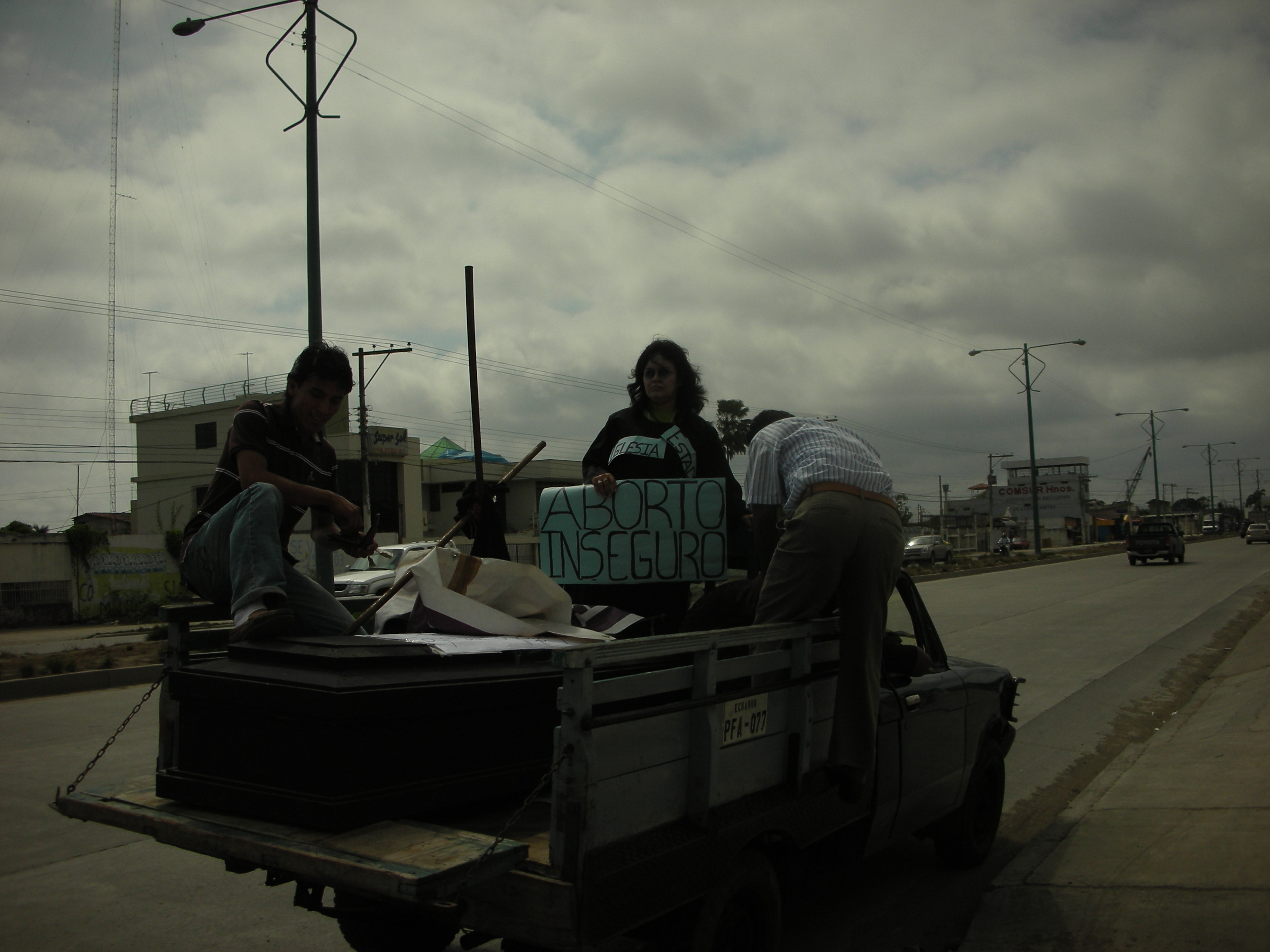Zika, a mosquito-transmitted virus has, until now, remained a fairly obscure illness, largely confined to a narrow tropical belt stretching from Africa to Asia. That all changed in February 2016, when the World Health Organization (WHO) declared a public health emergency for the Zika virus since it had reached pandemic levels in South America. The spread of Zika had already begun in 2013, infecting populations in Pacific Island nations, when in 2015 it arrived on the South American continent. Some researchers in Brazil also suggest it arrived even earlier in the country during the FIFA 2014 World Cup.
The symptoms of the illness caused by the Zika virus resemble those of a mild dengue fever, headache, sore lips and bloodshot eyes. The only known course of treatment is rest. However, the disease poses permanent dangers for unborn children, which only recently have been connected to the virus. Doctors and researchers confirm that it causes a birth defect known as microcephaly, where some infants are born with abnormally small heads and often a range of neurological issues. Researchers are still grappling to understand the linkage between the birth defect and the sudden rise in microcephaly cases in Brazil. Before fall 2015, only 150 cases of this particular birth defect were registered each year in Brazil, now this number is in the thousands.
In light of the rising incidence of Zika related birth defects, many are raising questions about whether abortion laws should be relaxed, a very controversial topic in Brazil, where 90% of the population is Christian. According to national legislation, performing an abortion is only legal when the life of the mother is in severe danger, or the pregnancy was a result of rape. Violating the law can result in up to three years in detention for the woman and up to four years for the abortion provider. Brazil is also a signatory of the ‘Pact of San José,’ a human rights convention granting human embryos the right of life from the point of conception. As a signatory, the pact is legally binding for Brazil. According to a poll conducted by Vox Populi, a majority of Brazilians are in favor of anti-abortion laws: 82% answered replied “no” when asked if abortion should be made legal.
A Brazilian abortion case in 2009 even further illustrates the extreme and unwavering anti-abortion position of church leaders. In March of that year, doctors performed an abortion on a nine year-old girl who was pregnant with twins after her stepfather had raped her. According to her doctor, she would have risked a rupture of the uterus, hemorrhage as well as life-long sterility, which made the abortion legal on grounds of medical need. However, Archbishop Jose Cardoso Sobrinho stated that the mother of the girl, as well as the whole medical team that performed the abortion, would be automatically excommunicated according to church law. The archbishop’s statement was met international backlash from politicians and human rights organizations, and even the Vatican, which said that nobody would be excommunicated.
Yet the rise of the Zika epidemic, and its threat to pregnant mothers and their unborn children, may weaken the strict anti-abortion stance in Brazil and surrounding countries. In the past major health crises have led to the loosening of abortion laws in other countries. The Contergan scandal in Germany in the 1950s and 1960s is one such precedent. This over-the-counter medication containing Thalidomide marketed as a sleeping pill and morning sickness pill for pregnant women caused serious birth defects in 5000 to 10000 cases and an unknown number of stillbirths around the world. The Contergan scandal is considered one of the reasons for the liberalization of abortion laws in many European countries at the end of the 1960s and in the early 1970s. The Contergan scandal even had an effect on abortion legislation in the US. The then famous actress Sherri Finkbine had to travel to Sweden to undergo an abortion because she had taken medication containing Thalidomide that her husband had bought in Europe. The case sparked sympathy among many and had a strong effect on public opinion regarding the decriminalization and legalization of abortion since the case was highly televised. According to a Gallup poll conducted in 1962, 55% of the respondents answered that she did the right thing in aborting the fetus.
It is unclear whether the rise of Zika related birth defects will have a similar effect on the very stringent anti-abortion legislation in Brazil, or whether it will have a significant effect on public opinion. Nevertheless, there are already efforts to raise the issue and women in Brazil are responding with their own demands. The organization Women on Web, which provides abortion pills to women living in countries where abortion is difficult to obtain, saw an increase in request for these pills coming from South American countries such as Brazil once the extent of Zika’s spread became public. The founder of the organization, Dr. Rebecca Gomperts told the Washington Post that this drastic increase is indeed related to the Zika outbreak.
However the Brazilian authorities are taking measures to prevent the abortion medicine from getting to its destination. According to a statement by Women on Web, 95% of the packages sent were confiscated before they could get to the recipient. In an article in the Los Angeles Times, a woman wrote that she is “thinking of doing the worst” and “I really need help. I can no longer eat, and I cry all the time,” after her abortion kit failed to arrive. This shows that even though the public sentiment is definitely not in favor of relaxing regulations regarding abortion, there is a pronounced need for access to safe abortion procedures.
While heated discourse over the legalization of abortion continues, countries in South America are still battling with the viral epidemic and it is very likely that more children will be born with birth defects if abortion laws are not relaxed. The upside of the Zika virus is the hope that it might become a driving force behind furthering women’s reproductive rights in South American countries. Like the Contergan scandal, Zika may do a lot of good for women in the long run.
By Lilith-Isa Samer
- NOVAsia Is Hiring: Call For Applications and Contributors for Spring 2025! - February 26, 2025
- NOVAsia Is Hiring: Call For Applications and Contributors for Fall 2024! - August 20, 2024
- NOVAsia Is Hiring: Call For Applications and Contributors! - February 19, 2024






